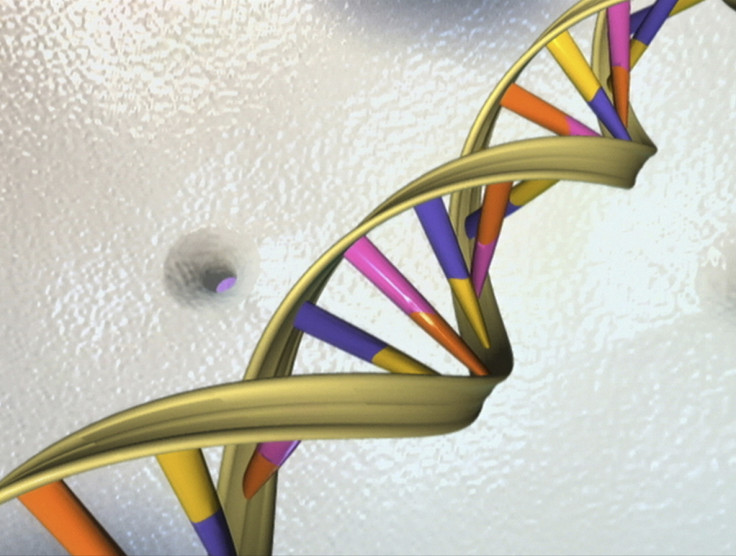Schizophrenia Study Reveals 80 Unknown Genes Linked to Disorder

Researchers have discovered 80 previously unknown genes that could put people at risk of developing schizophrenia, in the world's largest genetic study of the psychiatric disorder to date.
As part of an international effort, scientists from Canada's Centre for Addiction and Mental Health (CAMH) have helped identify over 100 locations in the human genome associated with developing the mental illness.
The findings point to biological mechanisms and pathways that may underlie schizophrenia and could lead to a breakthrough in treating the disorder, which has seen little innovation in drug development in more than 60 years.
Led by Cardiff University School of Medicine, the researchers looked at 36,989 genetic samples from schizophrenia patients and 113,075 healthy volunteers and found 108 specific locations in the human genome associated with risk for schizophrenia.
Eighty-three of those loci had not previously been linked to the illness.
Many of these genes are involved in the communication of chemical messages around the brain and others are known to affect the immune system.
"In the past, people thought schizophrenia must happen because of some really bad mutations in a person not seen in people around them," study co-author Steve McCarroll, director of genetics at the Stanley Center for Psychiatric Research, told Live Science.
"This study shows a substantial part of the risk of schizophrenia comes from many tiny nudges to the genome that all humans share."
The results suggest genes expressed in brain tissue, particularly those related to the functioning of neurons and of the channels enabling chemical and electrical signalling between neurons, called synapses.
These include genes that are active in pathways controlling synaptic plasticity, a function essential to learning and memory, and pathways governing activity in the target cell receiving signals.
Additionally, the researchers found a smaller number of genes associated with schizophrenia that are active in the immune system.
This discovery offers some support for a previously hypothesized link between the disorder and immunological processes.
"The wealth of new findings has the potential to kick-start the development of new treatments in schizophrenia, a process which has stalled for the last 60 years," said author Dr Michael O'Donovan.
Prof David Curtis of University College London, an author of the research, told the BBC: "This study puts psychiatry into the same category as other parts of medicine.
"In the past we have struggled with the view that psychiatric conditions are not 'real' illnesses but early genetic studies had limited successes. Now we show with confidence that there are biological processes going awry."
Schizophrenia, characterised by hallucinations, delusions and disordered thinking, affects approximately one out of every 100 people worldwide.
Medications currently on the market treat only one of the symptoms of the illness, psychosis, and there are no effective treatments for the debilitating cognitive symptoms of schizophrenia. Treatment options are limited partly because the biological mechanisms underlying the disorder have not yet been understood.
The study is the result of work by the Schizophrenia Working Group of the Psychiatric Genomics Consortium (PGC) and was published in Nature journal.
© Copyright IBTimes 2025. All rights reserved.






















